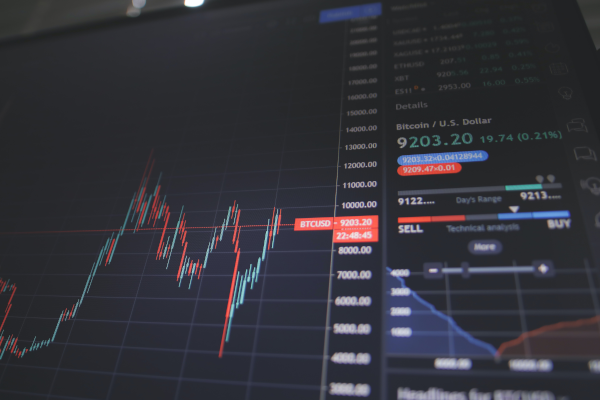Best Practices: How to Handle Money in a Recession
The last big economic downturn in the U.S. might have been named the Great Recession, but that was before anyone had heard of COVID-19. Already in 2020, unemployment rates have reached nearly 15%, surpassing the Great Recession level of 9.9% in 2009. The culprit behind the economic upheaval is the coronavirus pandemic, which has forced businesses to close temporarily to protect public safety.
And so, 10 years after the last big recession, it's time to get reacquainted with what happens when the economy goes sideways. You already know a recession creates high unemployment and stock market volatility. But it might also drive prices up and push home values and interest rates down. In other words, income is harder to come by, your lifestyle costs you more, and your biggest assets are worth less.
Image Source: Getty Images.
Source Fool.com





